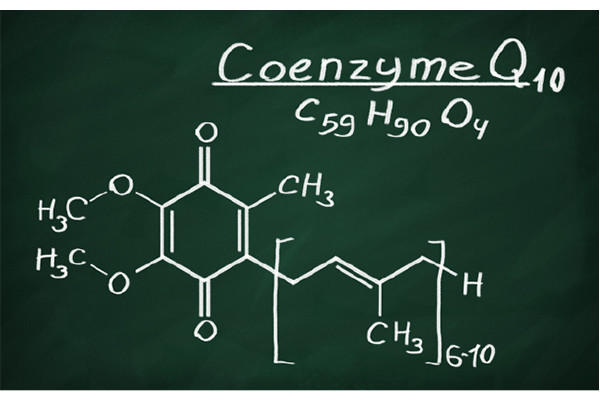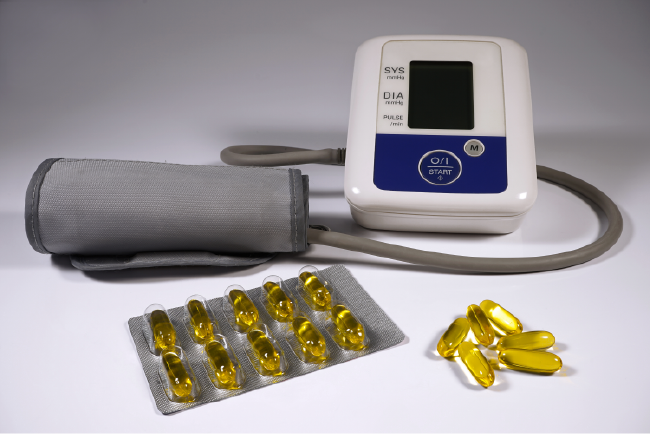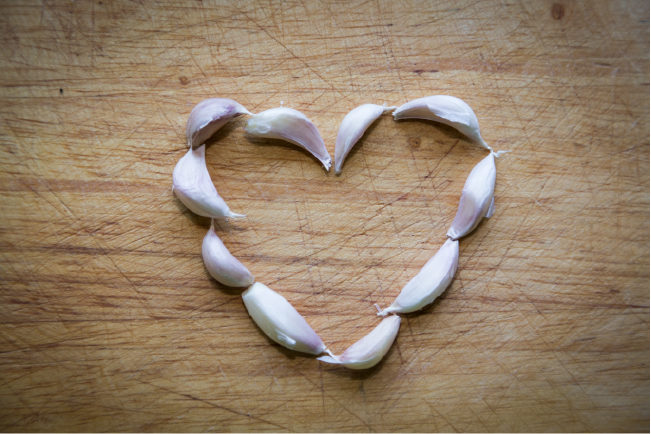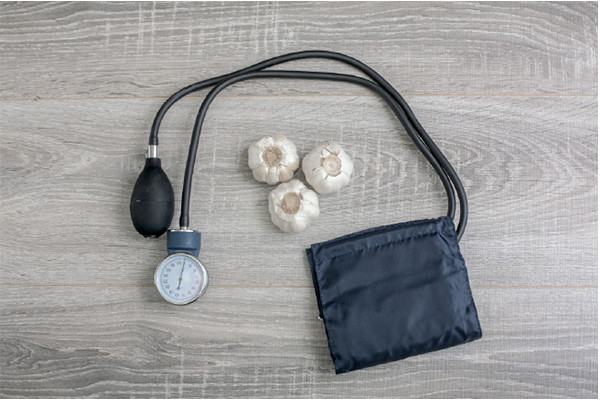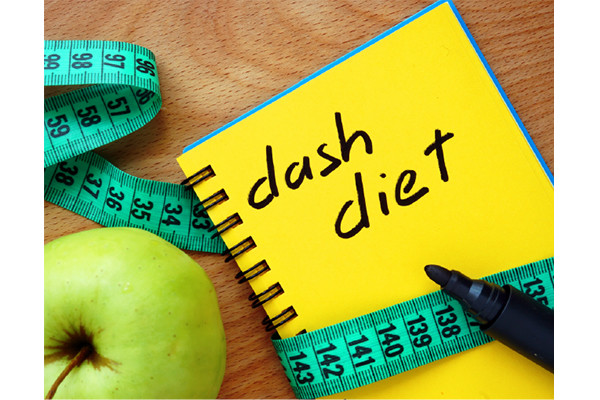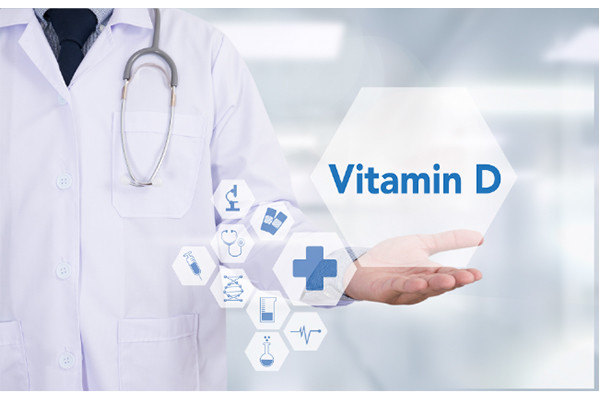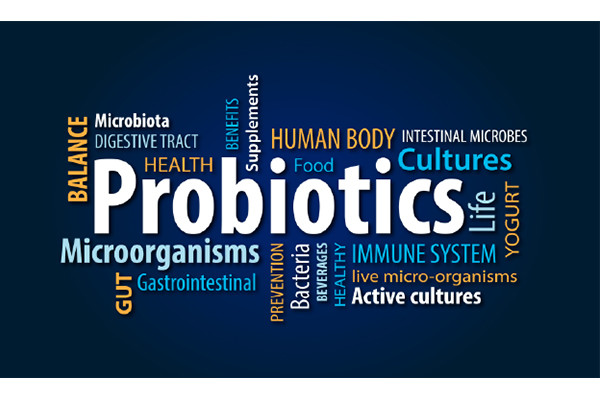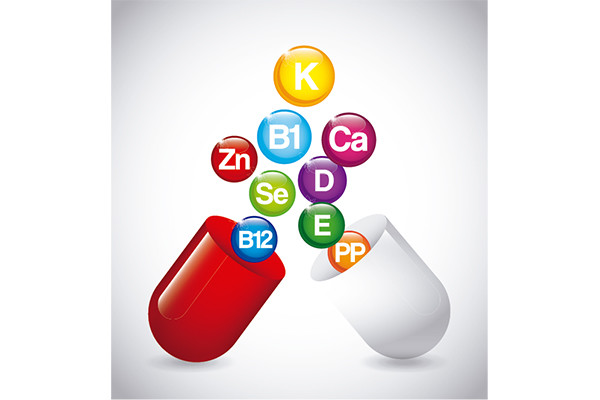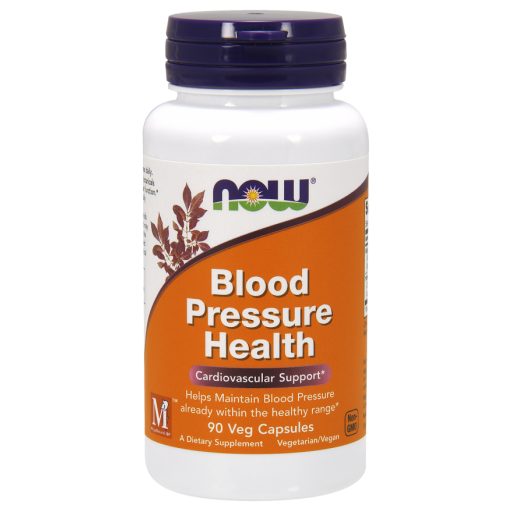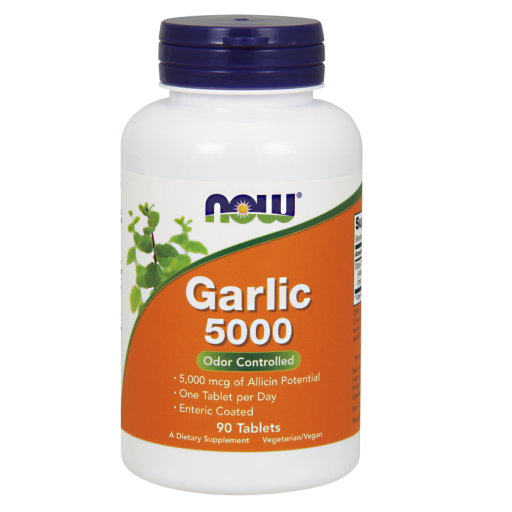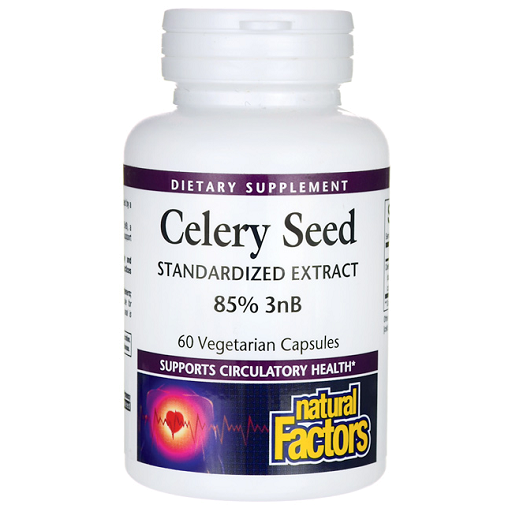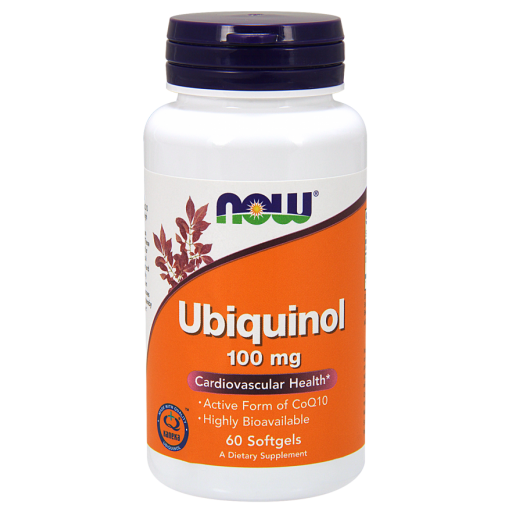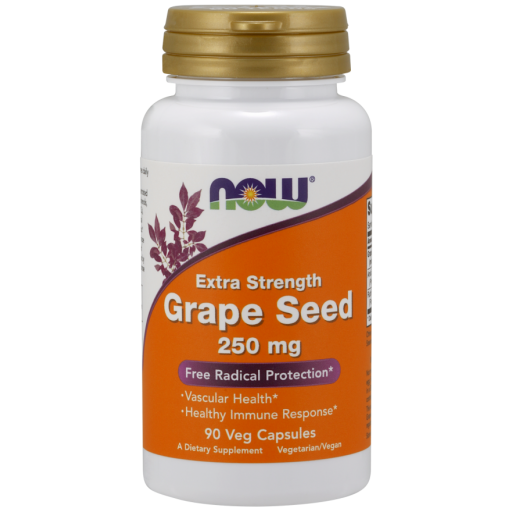High Blood Pressure
Background
High blood pressure is the most significant risk factor for a heart attack or stroke. Normal blood pressure is 120 / 80 mm Hg, with more recent research indicating that 115 / 75 mm Hg is ideal for preventing cardiovascular disease. The first number is systolic blood pressure, which is the pressure in the blood vessel at the moment of the heartbeat. The second number is diastolic blood pressure, which is the pressure in the blood vessel between heartbeats. As the pressure increases above normal levels, so too does the cardiovascular disease risk.
Blood pressure is strongly influenced by dietary and lifestyle factors These factors also influence the health of the arteries. Hardening of the arteries is a phrase that describes the change in arteries when there is high blood pressure and/or a build-up of calcified plaque on the interior of the artery.

This plaque is an unhealthy combination of damaged cholesterol and calcium, a disease process known as atherosclerosis. The artery becomes less flexible and narrows in diameter, increasing blood pressure even more. Ultimately, the blood vessel becomes partially or fully blocked, increasing the risk of a blood clot forming, resulting in a heart attack or stroke.
Dietary & Lifestyle Recommendations
Dietary recommendations for high blood pressure focus on correcting mineral imbalances, especially imbalances in sodium and potassium, and an imbalance of magnesium. High sodium intake increases blood pressure, especially when potassium intake is low. There should also be a focus on foods that promote artery health.
Easy on the Salt, Add Potassium Foods
In the typical Western diet, only 5-10% of the sodium intake is found naturally in the food we consume. 90% of the sodium we consume is either added during cooking, added to prepared foods, or added as a condiment. So, if you stick to whole foods, and do not add a lot of salt during cooking, you can reduce your sodium intake significantally. Shooting for a potassium/sodium intake at a ratio of at least 4:1 is considered healthy. So, if you are consuming 1,000 mg of sodium daily, you would want to get at least 4,000 mg of potassium a day. High potassium foods include avocados, bananas, potatoes, beans, tomatoes, spinach, white beans, apricots, peaches, oranges, salmon, flounder, and chicken. Almost all whole fruits and vegetables have a very healthy ratio of potassium to sodium.
Eat Celery
Celery contains a chemical called 3nB, which causes the characteristic flavor and odor of celery. There has been animal and human research on celery’s 3nB indicating it can lower blood pressure. A recent human study of 3nB in celery seed extract found that 150 mg taken for 6 weeks lowered both systolic and diastolic blood pressure by 8.2 and 8.5 points, respectively. Four stalks of celery daily should provide enough 3nB to have a blood pressure lowering effect.
DASH Diet
The Dietary Approaches to Stop Hypertension (DASH) studies were funded by the National Heart, Lung, and Blood Institute to evaluate how diet can lower blood pressure. Thee first DASH study found that a diet high in fruits, vegetables, and low-fat dairy; low in saturated fat, total fat , and cholestrol and high in dietary fiber, calcium, magnesium, and potassium; did lower blood pressure in the general population and in those with high blood pressure. The DASH diet is similar to the Mediterranean diet in that it emphasizes fruits and vegetables, and favors fish instead of red meat.
The second DASH study found that the greatest benefits of the DASH diet are realized when also reducing sodium intake In this study, there was a 20.8 mm Hg drop in systolic blood pressure in those patients who had systolic blood pressure greater than 150 mm Hg. The combination of increasing fruit and vegetable intake, which boosts potassium intake, and reducing sodium intake is a proven way to lower high blood pressure.
Ideal Body Weight
Being overweight or obese is a major risk factor for high blood pressure. Losing excess weight and moving toward an ideal body weight can reduce blood pressure and completely cure the condition. Increasing vegetable and fruit intake will help in two major ways: 1) reduce body weight, and 2) improve the balance of potassium and sodium, since fruits and vegetables have a healthy ratio of potassium to sodium. Ideally, 70+% of your calories should be from fruits and vegetables.
Foods for Blood Vessel Health
Certain foods can enhance blood vessel and artery health, especially flavonoid-rich foods. Flavonoids are a large family of nutritional compounds responsible for the colors of many fruits and plants. They are known to be antioxidant, anti-inflammatory, and protective of blood vessels, including arteries. The flavonoids in red wine are considered protective against heart disease. Other foods rich in flavonoids are grapes, blueberries, green tea, rassberries, blackberries, onions, and parsely. A diet high in flavonoids is known to lower the risk of heart attack.
Beets and beet juice are also a heart-friendly food since the nitrates in beets improve blood flow and lower blood pressure.
Nutritional Supplement Recommendations
Magnesium
Magnesium deficiency is very common in the United States, contributing to a very high rate of heart disease. Through its role in regulating potassium, sodium, and calcium, magnesium is an extremely important mineral for blood pressure and heart function. Magnesium deficiency can result in sudden cardiac death (SCD).
In this 4 month study of 155 participants, 300 milligrams of supplemental magnesium a day resulted in a significant drop in blood pressure in those who had high blood pressure.
In another study on patients with magnesium deficiency, diabetes, and high blood pressure, magnesium supplementation resulted in a 20 point drop in systolic blood pressure.
Omega 3
In an analysis of 36 randomized trials, including 22 double-blind studies, supplementation of omega 3 fish oil reduced systolic blood pressure by 2.1 mm Hg and diastolic BP by 1.6 mm Hg. The blood pressure lowering effect was higher in participants who were > 45 years of age with high blood pressure.
Garlic
In a wide range of studies, garlic and garlic supplements have resulted in favorable effects on cardiovascular health, including lowering blood pressure. In a British study, garlic extract was given to 40 patients with high cholesterol. There was a significant reduction in blood pressure over a 4 month period. In another study, a meta-analysis of 20 random-controlled trials, garlic supplements were found to lower blood pressure in patients with high blood pressure (≥140/90 mm Hg) by an average of 8.7 mm Hg for systolic and 6.1 for diastolic blood pressure.
Coenzyme Q10 (CoQ10)
Coenzyme Q10 (CoQ10) is a crucial vitamin-like compound in the mitochondria of our cells responsible for energy production. Many diseases benefit from CoQ10 supplementation, including angina, congestive heart failure, diabetes, periodontal disease, weight loss, muscular dystrophy, and high blood pressure. In a systematic review of 3 clinical studies, CoQ10 was found to lower systolic blood pressure by 11 mm Hg and diastolic blood pressure by 7 mm Hg.
Celery Seed Extract
In animal studies, celery has been found to have a significant blood pressure lowering effect. The compound 3nB has been isolated as the active ingredient, with research indicating it can improve blood flow to the brain, improve cognitive function, and protect against Alzheimer’s. In a recent human study of patients with high blood pressure, a 150 mg extract of celery seed extract containing 3nB was found to lower both systolic and diastolic blood pressure by an average of 8 points.
High Blood Pressure Research
High Blood Pressure Products
Blood Pressure Health
$29.99$20.69 Add to cartGarlic 5000
$19.99$14.44 Add to cartCelery Seed Extract
$21.95$15.37 Add to cartGrape Seed Extract
$29.99$16.69 Add to cart




